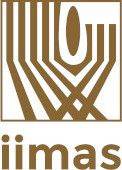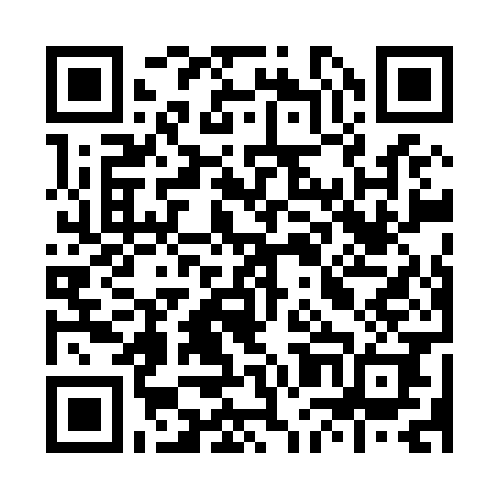Directed Theses
In inverse chronological order:
- PhD - (co-tutor: Dr. Paul Mendez) Acoustic mapping of an environment using an ad-hoc distributed sensor network. Emiliano Ehecatl García Unzueta, 2024-02-08.
- Master - Audio Generatrion through Natural Language. Jorge David López Ayala, 2024-01-26.
- Master - Speech Separation Using Deep Learning Models: Real Time Analysis. Félix Sánchez Morales, 2024-01-26.
- Bachelor - Fourier Analysis Applied to Real-Time Convolution. Juan Pablo Martínez Ficthl, 2023-08-29.
- PhD - Design and Implementation of an Adquisition and Measurement System of Acoustic Waves based on a Fibre Optic Sensor of Multimodal Interference. Rodolfo Javier Petrearce Hernández, 2023-06-01.
- Master - Separation of the Acoustic Guitar from the Mixture of a Song. Edgar Rigoberto Santos Martín, 2023-05-29.
- Master - Synthesis of Speech through Embeddings Generated by Tacotron 2 Multispeaker, based on Gender. Jorge Acosta Domínguez, 2022-05-02.
- Master - (tutor: Dr. Wendy Aguilar) A Methodology to Evaluate the Novelty of Computer-Generated Musical Compositions in Human-Computer Co-creative Environments. Saúl Iván Rivas Vega, 2021-12-16.
- Master - Sound Source Localization for Service Robots with a Triangular Microphone Array. Luis M. Gato Díaz, 2020-11-11.
- Bachelor - Complement to Acoustic Interactions for Robot Audition Evaluation Corpus with Mobile Sources. Aldo Jesús Millán González, 2019-08-26.
- Master - Brain-Computer Interface (BCI) with Music Imagery. Jose Francisco Neri Gonzalez, 2018-12-11.
- Master - Speaker Verification for a Service Robot with Deep Learning. Ivette Juliana Velez Tobon, 2018-10-02.
- Bachelor - Viability of Generalized Sidelobe Canceller in Hearing Aids. Dulce María Apolonio Apolonio, 2017-08-23.
In course:
- Bachelor - Online Instrument Tuning in Non-conventional Formats.
- Master - Feature Exploration for Emotion Classification in Speech Recordings.
- Master - Joint Classification of Gender and Age in Speech Signals.
- Master - Integrated Auditory Scene Analysis for Aide to Visually-Disabled People.
Social Service Program
I supervize a social service program named "Auditory Scene Analysis" in the IIMAS inside the UNAM. It is renewed annually so its code changes every year.
The activities that are carried out in this program for technical degrees are:
- Development and re-engineering of audio (and related signals) processing modules and techniques.
- Evaluation and validation of already-implemented modules.
- Application of audio algorithms focused on service robotics and search-and-rescue.
- Evaluation and validation of audio algorithms in hearing aides and bio-acoustics.
- Development of techniques for intelligent homes and mobile devices.
The activities that are carried out in this program for music-related degrees are:
- Validation and evaluation of algorithms that analyze music recordings.
- Validation and evaluation of algorithms focused on music composition.
- Research and processing of music corpora.
- Field recordings.
- Validation and evaluation of microphone arrays to carry out music recordings.


